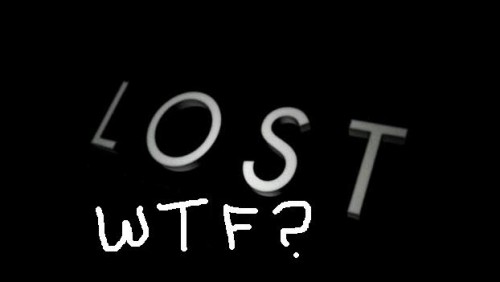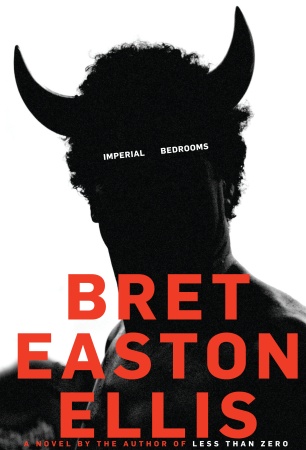Although Of Course You End Up Becoming Yourself: A Road Trip with David Foster Wallace
by David Lipsky (Available now from Broadway Books)
I’m trying to write a full review of this book right now, but it’s proving difficult.
First, I must admit that unlike many of my literary colleagues, I am not and never have been a fan of DFW’s writing, so my reading of this text is biased accordingly. I actually only requested a copy of this book for review because so many people I respect recommended it, and because I figured that perhaps by reading it I might be seduced into reconsidering my position.
 Unfortunately, it didn’t really change my opinion or offer any compelling reason to reconsider Wallace’s work. (Except for maybe Broom of the System, which Wallace seems to have come to dislike because of the heavy theoretical influence, which is actually the reason I think I would probably like it).
Unfortunately, it didn’t really change my opinion or offer any compelling reason to reconsider Wallace’s work. (Except for maybe Broom of the System, which Wallace seems to have come to dislike because of the heavy theoretical influence, which is actually the reason I think I would probably like it).
Going back to this thing about me not being a fan, I think that’s really important. If, for instance, someone were to come out with a posthumous book-length interview transcription with Alain Robbe-Grillet or Gilles Deleuze, I would savor every line in much the same way I sense others savor these lines. But for a reader who isn’t already in love with DFW, the book isn’t that appealing. I found it uninterestingly repetitive, and I got an uneasy “someone trying to capitalize on the death of a famous person” feeling from it. I mean there are these parts where DFW asks Lipsky not to include something in the interview and there it is on the page, which sort of feels icky – but at the same time it works to give us a more well-rounded picture of DFW – but then again, dude was a real dude, not a “well-rounded character.”
Also, it made me feel really, really bad for DFW. It made him seem so sad, so lonely. Here’s a couple lines that, for me, characterize the overarching sentiment of the book, this is DFW speaking:
That story at the end of [Girl With Curios Hair], which not a lot of people like, was really meant to be extremely sad. And to sort of be a kind of suicide note. And I think by the time I got to the end of that story, I figured I wasn’t going to write anymore. (61)
I just don’t know about this book.
Have you read it? What did you think?



 Unfortunately, it didn’t really change my opinion or offer any compelling reason to reconsider Wallace’s work. (Except for maybe Broom of the System, which Wallace seems to have come to dislike because of the heavy theoretical influence, which is actually the reason I think I would probably like it).
Unfortunately, it didn’t really change my opinion or offer any compelling reason to reconsider Wallace’s work. (Except for maybe Broom of the System, which Wallace seems to have come to dislike because of the heavy theoretical influence, which is actually the reason I think I would probably like it).


